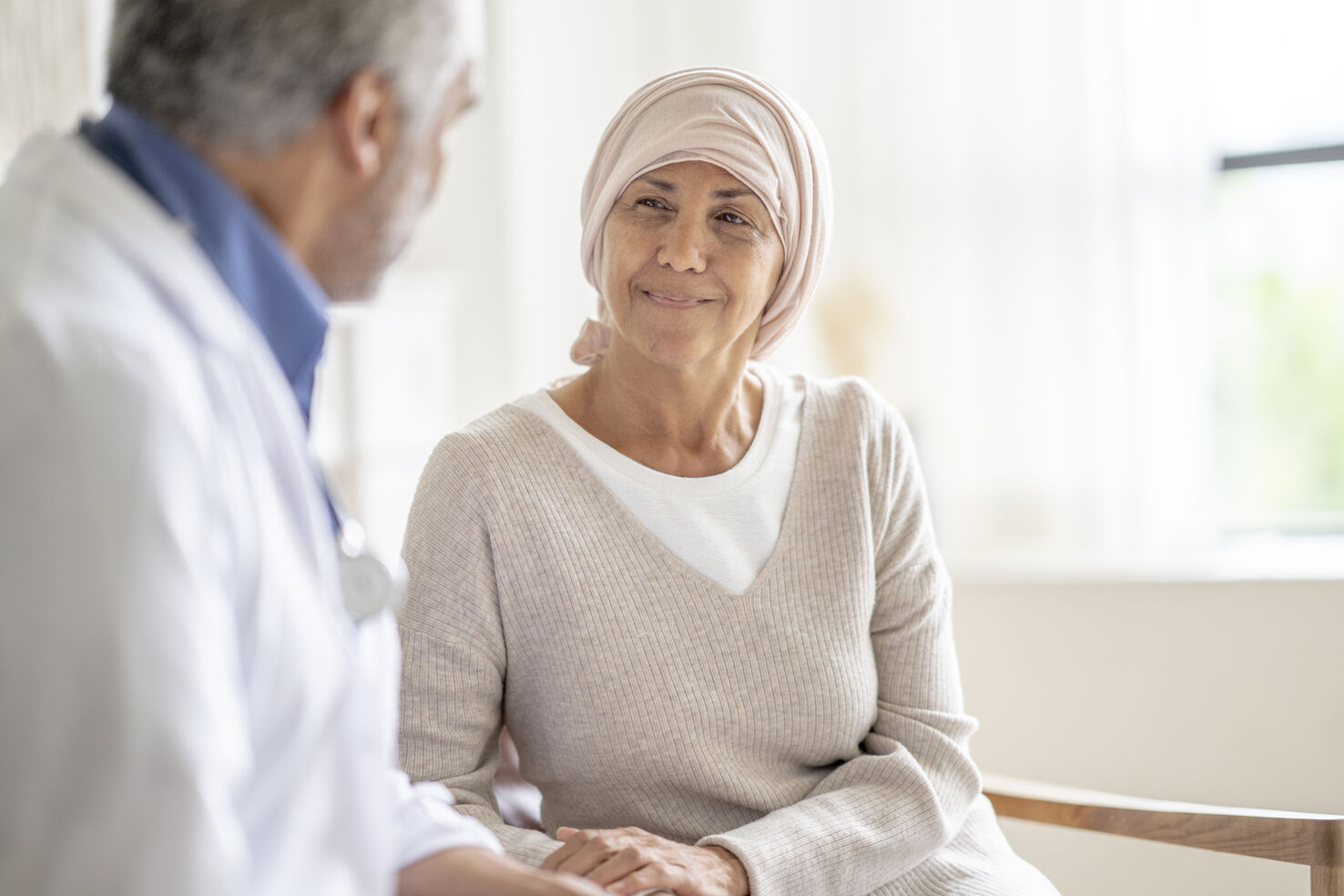What Are the Symptoms of End-Stage Brain Cancer?

It’s common for patients, caregivers and families to wonder what will happen during end-stage brain cancer. This can be a difficult time for families, as their loved one becomes increasingly agitated and terminally ill. During this time, emphasis is placed on making the patient as comfortable as possible. The patient will be especially sleepy, as drowsiness is the most common symptom of end-stage brain cancer, and will likely have trouble swallowing, so eating and drinking may be difficult.
Other symptoms that are common for patients experiencing end-stage brain cancer include:
- Frequent headaches
- Agitation and delirium
- Agonal breathing (gasping breaths that occur when a person is struggling to breathe)
- Prolonged confusion
- Hallucinations
- Loss of appetite
- Vision loss
- Involuntary movements
- Lessened bladder function
- Increased pain
- Skin cooling
How to help a loved one during end-stage brain cancer
It’s important for everyone in the family to be on the same page when it comes to taking care of their loved one during this difficult time. If possible, have a clear, direct conversation with the patient about their final wishes, including where they want to spend their final days. Family members can help ensure their loved one’s comfort by:
- Feeding them ice chips or small spoonfuls of food
- Applying lotion to dry skin
- Reading stories
- Adjusting pillows and raising or lowering the bed
- Applying lip balm to dry lips
Supportive care at Moffitt Cancer Center
Moffitt Cancer Center offers supportive care for patients experiencing symptoms of end-stage brain cancer. Our Supportive Care Medicine program is dedicated to helping patients and their families by providing pain and symptom management from a team of medical specialists. Our patients also receive emotional and spiritual support from social workers and chaplains.
Medically reviewed by Dr. Peter Forsyth, Chair, Neuro-Oncology Program.
To learn more about how to care for a family member with end-stage brain cancer, consult with Moffitt Cancer Center. You can call us at 1-888-663-3488 or submit a new patient registration form online. Virtual visits appointments are also available.
